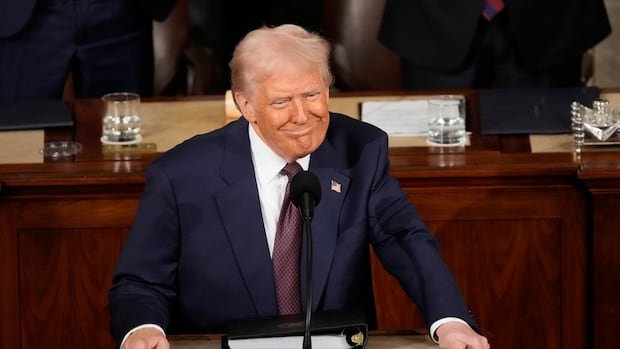The U.S. President, Donald Trump, has decided to provide a 30-day exemption for American automakers from the new tariffs on imports from Mexico and Canada. This move aims to alleviate concerns about the impact of the ongoing trade war on domestic manufacturing.
Following discussions with the leaders of Ford, General Motors, and Stellantis, Trump emphasized the need for the auto sector to make necessary preparations for the upcoming taxes. The automakers were urged to invest, relocate production to the United States, and avoid tariff payments.
The rationale behind the tariffs imposed on Canada, Mexico, and China includes addressing issues such as illegal immigration, fentanyl smuggling, trade imbalances, budget deficits, and demanding respect from other nations. Canada, in response, has refused to back down and plans to counter with its own retaliatory tariffs.
The temporary exemption on automotive tariffs led to a surge in the stock prices of major U.S., Asian, and European automakers. However, this delay is only a short-term reprieve, as broader tariffs are set to come into effect on April 2 as part of Trump’s reciprocal tariff strategy.
Prominent automakers like Ford, GM, and Stellantis have expressed gratitude for the exemption, emphasizing the importance of supporting the American automotive sector. Other industries are also expected to seek similar exemptions from the import taxes.
The prospect of an escalating trade dispute remains a key concern, with Trump’s administration considering additional tariffs on various countries and products. The administration’s tariff policies have raised economic and political challenges, leading to uncertainty and anxiety about the potential impact on economic growth and inflation.
Amidst these developments, Trump’s administration is engaged in negotiations with Canada and Mexico to find common ground on trade issues. However, Canada has maintained its stance on retaliatory tariffs until the U.S. reverses its import tax decisions.
The imposition of tariffs is part of a broader strategy to address trade imbalances and protect domestic industries. While Trump believes these measures will benefit the U.S. economy in the long run, concerns remain about the potential consequences for consumers and businesses due to higher prices resulting from the tariffs.

